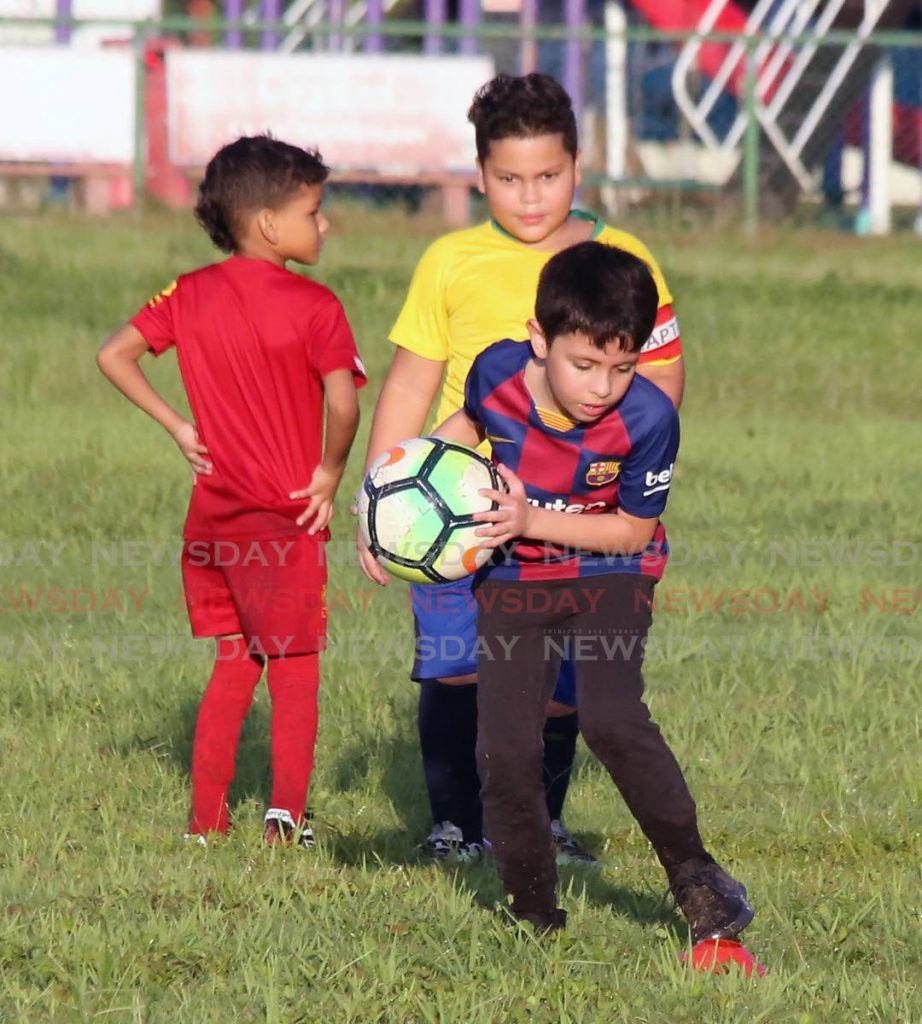Unequal children

THREE YEARS after the State introduced a registration system allowing Venezuelan migrants to live and work in this country, formal measures that would allow the children of these migrants to access education seem to be still missing.
Confirmation this month of the indefinite suspension of a key online education programme set up to assist these children has worsened an already untenable situation.
Effectively, school’s out for roughly 1,000-5,000 Venezuelan children left adrift in this country without formal approval to participate in the local education system, whether public or private, from the Ministry of National Security.
Asked in September about the issue of approvals, Minister of National Security Fitzgerald Hinds said: “This matter is not in front of me as Minister of National Security in any official way.”
Asked again in November, Mr Hinds changed the story: “Those are matters for the Ministry of Education.”
Told the matter seemed to lie with him, he said: “Anything the National Security Ministry can do in accordance with the government’s policy, you can be assured I will.”
The suspension of what is called the Equal Place programme after three years, without any definite indication of when classes might resume or what might take its place is, perhaps, the clearest indicator yet of the government's policy towards migrant children and the meaning of Mr Hinds’s words.
The Equal Place programme is, or was, a temporary intervention meant to help asylum-seekers, refugees and other eligible children who need support to access accredited education.
The programme began primarily online in September 2019 and has been a collaboration between entities such as the UN Refugee Agency, the UN Children’s Fund, the Living Water Community, the NGO TT Venezuela Solidarity Network and religious bodies.
It is not as though the State is unaware of the fact that migrant children exist and need schooling just like everyone else. The Ministry of Education has indeed been tied to the programme.
But previous reports suggest politicians would prefer religious bodies to take the lead. They ostensibly worry about limited resources and the impact on local needs.
In sharp contrast, other countries have made more strenuous efforts. In Guyana, for example, 740 Venezuelan children ages five-six were reportedly enrolled in public schools.
The State’s failure to put more secure arrangements in place is of a piece with its appalling record when it comes to the treatment of Venezuelan children, who have in the past been separated from families, deported or detained in inappropriate circumstances.
Policymakers wish to appear generous by allowing registered Venezuelan workers to stay here.
But their failure to safeguard the right of their children to learn arguably exposes the current registration system as little more than a half-hearted concession.


Comments
"Unequal children"